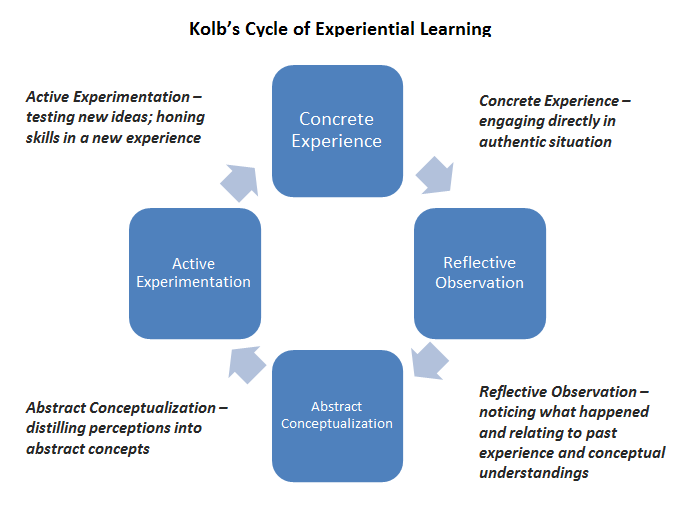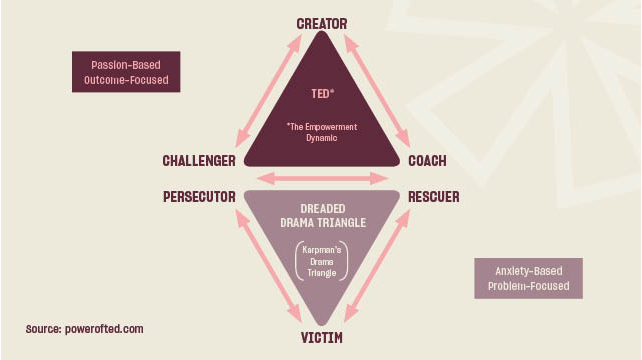Blog
The Culture of Ceremony at Deschutes Wilderness Therapy
By Allie Twidwell
Experiential Education Director (former)
I was a Field Instructor and Experiential Education Director at Deschutes Wilderness Therapy. I often reflect upon my time in the field and think about the moments I will always carry with me and what it feels like to be fully present with someone else in their pain.
Read MoreThe Value of Play at Deschutes Wilderness Therapy
By Annette Pelletier, LCSW
Primary Therapist
When students aren’t deep in their therapeutic work, hiking, working on hard skills, or doing chores around camp, they are often engaged in play. One may wonder, “What is the benefit of play in wilderness therapy, and what do they even play in the woods?” I am here to answer these questions for you.
Read MoreWhat is Brainspotting and How we Utilize it at Deschutes Wilderness Therapy
By Lori Vallelunga, Ph.D., Clinical Director
We get asked a lot of questions about what Brainspotting is. Dr. Vallelunga shares an overview for those curious about this modality and how it can help you or a loved one struggling with mental health challenges.
Read MoreCaring for Your Child, “in loco parentis”
By Daryn Reiner, Deschutes Admissions Director
I have been in the mental health field for about 18 years now, and my greatest honor in all these years has been the opportunity to live up to the immense trust parents place in us when enrolling their child.
Read MoreWhat is Canine Therapy? Deschutes Wilderness Therapy’s Unique Approach
By Rachel Grimm, Program Director
Rachel Grimm, Deschutes Wilderness Therapy’s program director, helps demystify canine therapy and how our program incorporates canines into our process. Grimm, program director since 2018, established the canine program in 2015, and today canine therapy is one of the key program pillars at DWT.
Read MoreNotes from the Field: Empowering Field Guides to Navigate the Challenges of Wilderness Therapy.
By Nick Ho
Living with and doing trauma-informed healing work with adolescents and young adults in the woods of central Oregon is one of those things that you can never be fully prepared for. Some days you’re doing wound care for a student’s self-harm injuries, others you’re singing Taylor Swift songs in chorus. Some days you’re navigating the complexities of disordered eating in the wilderness, others still you’re sitting next to a student who breaks down crying because you’re the first male figure in their life to say you’re proud of them. Even on the simplest of days, you’re practicing calming and controlling your own nervous system when surrounded by dysregulated teenagers threatening to run away in the middle of the night or punch you in the face.
What is “Experiential” and Why it’s at the Heart of Wilderness Therapy
Experiential is integral to what we do at Deschutes Wilderness Therapy, and yet there is a lot of confusion around just what that means. A few of our experts, Allison Twidwell, Experiential Education Director, and Bianca Milia, Deschutes Young Adult Field Director, share what it is and how it supports the therapeutic process for young adults…
Read MoreShining a Light on Codependency and Narcissism
The conversation around codependent and narcissistic behavior has gained popularity over the last decade. A stereotype is that codependent equals ‘needy.’ However, codependency and narcissism are similar in that they are both driven by need, albeit in different ways. We will discuss their similarities and differences and how they can present in family, partner, and…
Read MoreThe Drama Triangle – What is It and How You Can Shape Healthy Relationships
You’ve probably experienced and or stepped out of a drama triangle at least once. This blog will explain the drama triangle and how you can form healthier relationships. What is a Drama Triangle? The term Drama Triangle is a concept that Psychologist Stephen Karpman introduced in 1968.It is also known as the ‘Victim Triangle’ and…
Read MoreInner Child Wounds
Healing Your Inner Child Wounds Can Support Your Growth as a Family Most people wouldn’t claim their childhood was perfect. Almost everyone has at least some emotional inner child wounds. Some wounds occur from one humiliating experience, or a notable instance of broken trust, for example. How deep your inner child wounds are, depends on…
Read More



